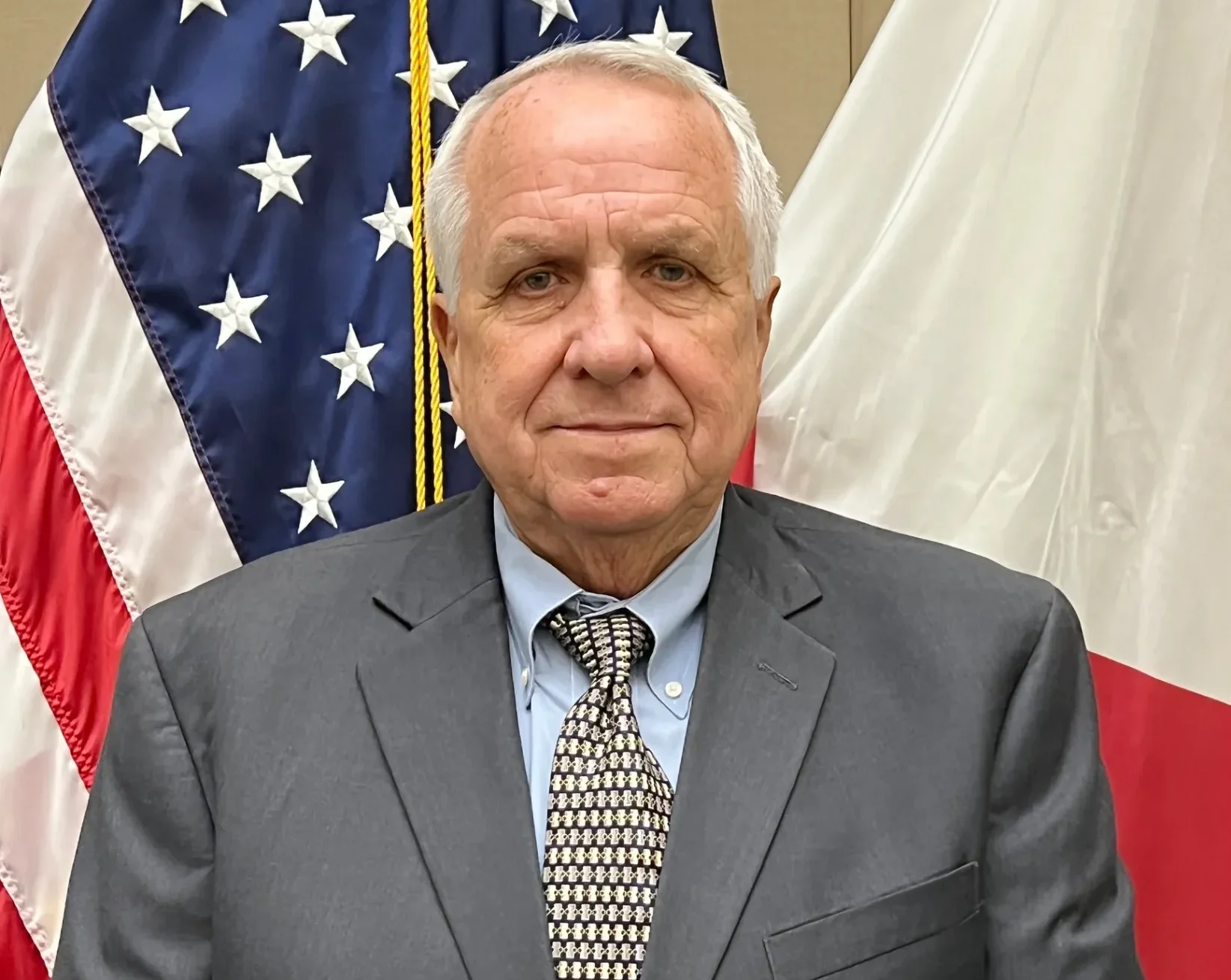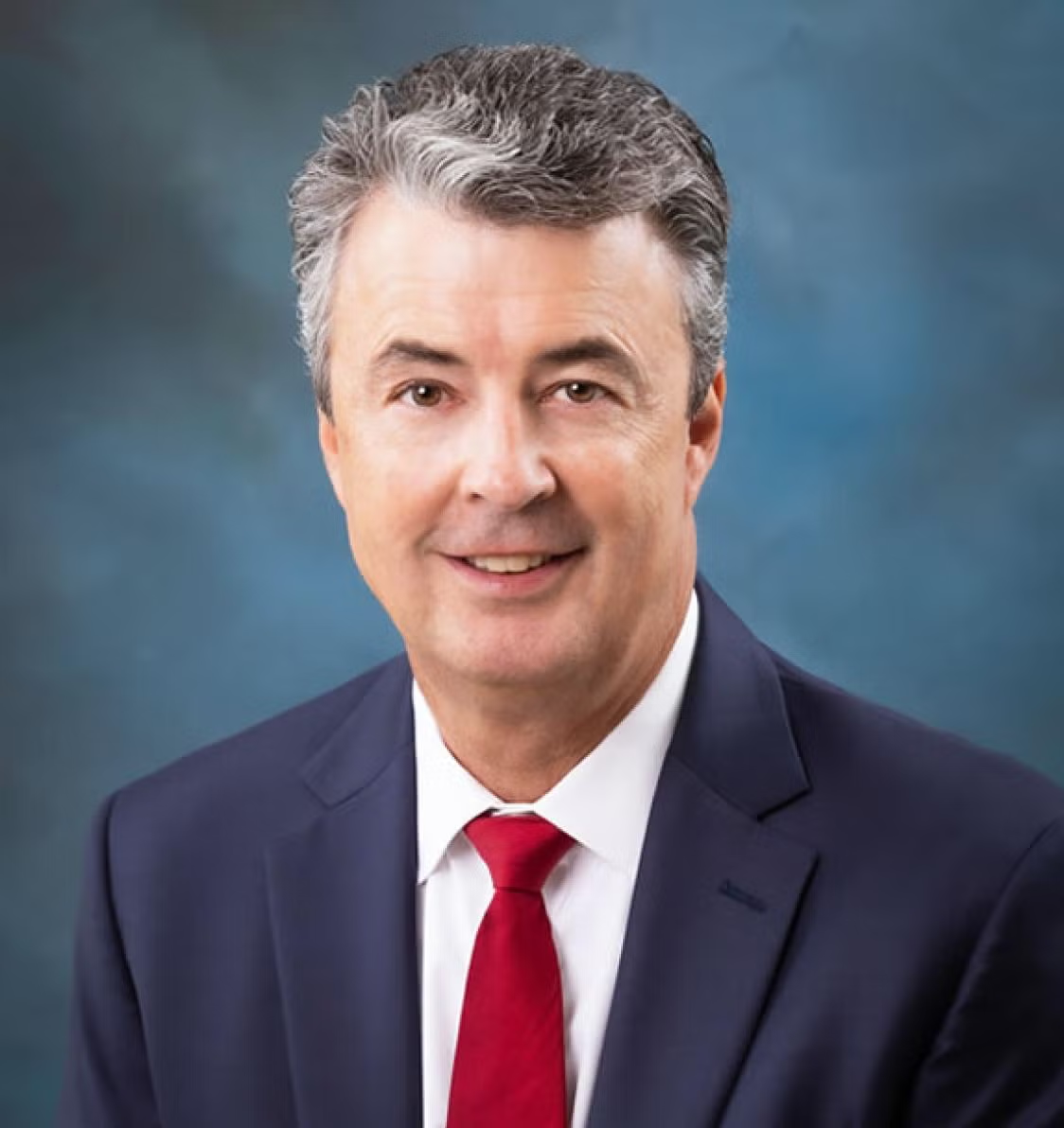
This September, WEIS Radio will be celebrating its 60th year of broadcasting. It will also be the station’s 38th year of broadcasting football games.
As part of the station’s diamond anniversary celebration, Sports Director Shannon Fagan will have a series of Q&A features on some of the personalities who have called sporting events around the station’s coverage area in years past.
This week’s installment of “Behind the Mic” is with Joey Weaver.
Q: How special is it for you to be a part of WEIS’s 60-year broadcast history?
A: “It’s an honor for me. When I was a kid, I can remember my mom waking us up before school and WEIS Radio was on in the kitchen. I can remember going to my grandmother’s and WEIS Radio was on somewhere in the house. I listened to people like Jerry (Baker), Mike Driscoll, Bill Page, J.P. Lecroy. I heard Marc (Summers) on the news. Now fast forward several years later, I’m his partner in crime in the news department. It’s really an honor to be part of such a big staple in the community. Now people will say ‘I can remember when I was kid I listened to Joey on WEIS Radio.’ For it to kind of come full circle and not even to expect it, it’s a big honor.”
”On a personal note, one of my biggest influences in this business was my best friend Kim (O’Brien). We lost her earlier this year. She taught me so much about the radio business especially in terms of delivery and production. She was always so supportive of my work in the news department and never afraid to share with me her constructive criticism. She was, and always will be a very vital part of the WEIS Radio legacy. We miss her more and more everyday.”
Q: What’s it been like to work with someone as innovative as Jerry Baker?
A: “For me, Jerry’s been more like a father figure. I’m kind of the young gun of the bunch. Everybody has their role models. One of mine on my list is Jerry Baker. He has a genuine passion for what he does. He cares about his employees. He cares about his community. He has a lot of respect for the way his business is run. He has high expectations for his employees. We all know what he expects out of us. He gives us free range to do our jobs, so long as we’re doing it the way he expects us to do it. It really speaks a lot about who he is as a person. He has a good heart for the community, for the people who work for him. There’s not anyone I’ve seen call in the mornings when he’s doing his morning shows, he will talk to every single listener who calls in the mornings. He doesn’t care what you want to talk about. He’ll talk to you. There are not a lot of people who will do that in the radio business, but Jerry will do that. It speaks volumes to his character about what this business and what this community means to him.”
Q: What piqued your interest in radio broadcasting?
A: “When I was in high school, I listened to people like Jim Powell and Clay Travis and Colin Cowherd. I grew up an Alabama football fan, so I listened to Eli Gold a lot. (Atlanta Braves baseball commentator) Joe Simpson was one of my favorite broadcasters. I thought that would be really fun to do.”
Q: How was it that you came to work with WEIS?
A: “In 2007, I was looking for a part-time job and I found an ad in The Gadsden Times for a board operator at WKXX in Gadsden. I thought ‘Here’s an opportunity to work in radio. Why not? Let’s see.’ I applied for the job and, low and behold, I got the job board operating Jacksonville State basketball at Mix 102.9 in Gadsden. I did that for several months, probably close to a year. That opportunity turned into an on-air opportunity at WQSB in Albertville, where I worked Sunday nights for several months before somebody finally came and said to me ‘You’re driving 45 minutes on way to work. You’re only working one day a week. Maybe you should go apply at the radio station in Centre.’ I knew there was a radio station in Centre, but I had no idea where it was. I came down and met with Jerry. We talked for a few minutes and I started the next day, and I’ve been here ever since.”
Q: I know a lot of people don’t realize what goes on behind the scenes of a radio production, particularly a sports production. Could you give us a little insight?
A: “Without the behind-the-scenes stuff, you won’t get a sports broadcast. Everything that happens behind the scenes produces what you hear on the air and what you see on TV. We’re fortunate here that we have a lot of behind-the-scenes folks who really know what they’re doing and they take their jobs seriously. That starts with our sales people (Baker, Sheila Richardson and Andrew Hughes). You’ve got to sell the games, get sponsors and ads for the games. You’ve got people like Ty Storey who make the graphics you see on the website and on the live streams. To the naked eye, a lot of people don’t realize it might have taken a long time to do, but what a lot of folks don’t realize is Ty spends hours and hours a week putting those graphics together, getting them ready to put them in the live stream. You’ve got folks who set up broadcast equipment, who make sure it’s tuned like it needs to be and batteries are where they need to be and headsets are where they need to be. It rolls down to the broadcasters, who’ve got to make sure they’ve got stats and their team history and their players’ history. You’ve got to have something to talk about. There’s a lot that goes on to make that 2, 2 ½ hours work. Without our behind-the-scenes folks, and we’ve got some really good ones, none of that would be able to happen.”
Q: What are some of your favorite sports memories in and around Cherokee County throughout the years?
A: “I can think of two. I’m a Cherokee County High graduate, and I was involved with the music department at the high school for seven years – three years in middle schools and four years in high school. For seven years, I never missed a Friday night of football being in the band, but I never got to see that next level. We always made it right there to the edge, but just could never get any further. In 2009, here comes this Cherokee County team that just ran through everybody like a knife through butter. They finally did it. That was the first or second year I had been doing board operating here for football when Cherokee County went undefeated and won the state championship game. That was special to me because that’s my alma mater. I wasn’t long out of high school. I graduated in 2003. Not only did I see my alma mater win a state title, but to be a part of the broadcast was really something special to me. It was fun.
“On the college side of that, it involves one of the players on that same 2009 team (Coty Blanchard). I remember that Jacksonville State-Ole Miss game at Vaught Hemingway Stadium. I’ve still got that call from Mike Parris saved on my computer, where Coty Blanchard went into double-overtime and beat Ole Miss in Oxford. That was pretty amazing too.
“There has been a bunch. The Cedar Bluff-Wadley game Nolen (Sanford) and Shane (McElwee) did in the playoffs (in 2015). We’ve still got that one saved in the archives. There will never be another play at the end like that.
“I was able to be a part of the first Alabama national championship game here (in 2009). We were affiliates of the Alabama Network. I was able to be a part of that radio broadcast. The Auburn national championship game in 2010, we were an affiliate of that. I was here for that broadcast. Those are a few things that stick out.”
Q: In recent years, the station has grown its football coverage with the addition of “The End Zone Show” and “The Scoreboard Show.” How proud are you to be a big part of those spinoffs?
A: “The End Zone Show actually started out here in our old facility. It was just Nolen and Rusty Manzell, who’s a scout for 247 Sports now. I remember starting out there where it was just me, Rusty and Nolen. Now it’s kind of snowballed into what it is today.
“You look at the guys we have on that show. We’ve got a hall of fame coach (Russell Jacoway) and a Cherokee County guy who knows his stuff (Scott Wright). One of the most important things to me when you do a show like that is being able to collect the information you use on the air. We’ve got Scott and Shannon (Fagan) and guys like Logan (Maddox), the young one of the group, you’ve got a good combination of what it takes to make a good sports show. You put all that together and that’s what our End Zone Show is today. It started out as just an hour sports talk show in the kitchen of a small radio station, and look where we are now. I think it’s only going to get bigger and better as we continue to do it.
“The Scoreboard Show was an idea of mine for a long time. Jerry and I had been discussing it for a long time before we actually put it on the air. We finally found the right combination of guys to get together. You’ve got Tony Hathcock, who everybody knows his dad Mike, so Tony’s got a great deal of sports broadcasting on the air in Gadsden doing sports stuff for years and years. He’s got the sports broadcaster’s side of it. Drew (Hall) brings the coaching aspect to it. He’s been a coach for many years in a number of sports. You put me and Ty in there who bring the technical and engineering side of it together, and it’s similar with The End Zone Show, you put all the ingredients together and it’s like baking a cake. The more we’ve done it, the better it’s gotten. It’s the same with the End Zone Show. I think the more we do it, the more we’re used to what we’re doing and the better it’s going to be.
“The thing about it is we have fun. We do what we do and we have fun. It’s not uptight. We all enjoy it. I’m excited about what the future holds for both of those shows.”
Q: Any advice you’d give an up-and-coming broadcaster?
A: “I had a band director (Sid Brown) my junior year, and he always told us this. Practice does not make perfect. Perfect practice makes perfect. He always told us that during our rehearsals. I guess my advice would be to just be prepared before you speak or before you open that microphone. Take your job seriously. You’re not just broadcasting for a small-town market. A lot of people say it’s just a small-town radio station, and we can cut up and goof off. Take it seriously.
“I’ve always lived by the Peter Parker principle, ‘With great power comes great responsibility.’ In this business you’re given great power. You’re responsible for the safety and livelihood of a lot of folks, whether it be giving the news or weather or traffic reports. That is a big responsibility. A lot of people depend on what you say when it comes out of your mouth and over the airwaves. They take what you say as the gospel truth. That would be my greatest piece of advice. Understand you have a great responsibility in working with and serving the public in a broadcasting role. If you do that, then you won’t have problems.”





